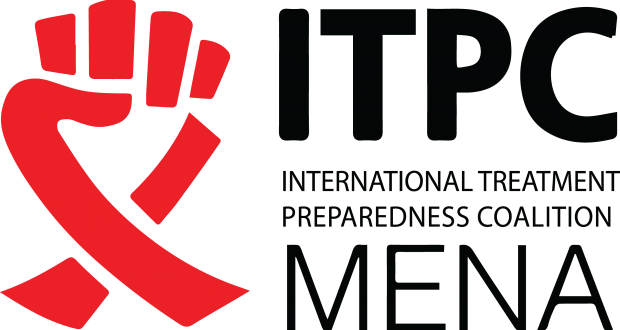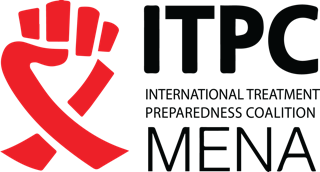
HRC38: Human Rights Council set to adopt resolution on Human rights in the context of HIV and AIDS
On Thursday, 28 June 2018, the delegations of Brazil, Colombia, Mozambique, Portugal, and Thailand submitted a draft resolution on “Human rights in the context of HIV and AIDS” to the 38th session of the Human Rights Council. The text of the draft resolution can be found (at the end of the page).
The Core Group of Brazil, Colombia, Mozambique, Portugal, and Thailand proposed the following language in relation to access to medicines and the use of WTO TRIPS flexibilities:

According to an informed source, this resolution currently has 44 co-sponsors. The Core Group held a series of three informals (20 June 2018, 22 June 2018, and 26 June 2018) to read through the text. The co-sponsors include:
1) Brazil
2) Colombia
3) Mozambique
4) Portugal
5) Thailand
6) Angola
7) Uruguay
8) Chile
9) Costa Rica
10) Mexico
11) Switzerland
12) Peru
13) Argentina
14) Andorra
15) Turkey
16) San Marino
17) Montenegro
18) Bosnia and Herzogovina
19) Honduras
20) Ecuador
21) Macedonia
22) Poland
23) Iceland
24) Malta
25) Estonia
26) Luxembourg
27) Sweden
28) Denmark
29) Ireland
30) Georgia
31) Greece
32) Paraguay
33) Romania
34) Finland
35) Netherlands
36) Belgium
37) Croatia
38) Slovakia
39) Norway
40) Cyprus
41) Azerbaijan
42) Madagascar
43) Bulgaria
44) Italy
Incidentally, the United States of America withdrew from the Human Rights Council on 19 June 2018.
In the operative section, the Core Group proposed the following language which underscored the principle of non-discrimination with respect to access to “safe, effective and affordable medicines, diagnosis and treatment for all”.

The resolution contains the following asks of the United Nations High Commissioner for Human Rights:

The first round of informals took place on Wednesday, 20 June 2018. Italy, Brazil, Mexico, Peru, Egypt, Australia, Germany, Ireland, Switzerland, Slovenia, Botswana, Sweden, Denmark, Finland, United Kingdom, New Zealand, Uruguay, Argentina, Russian Federation, Indonesia, France, South Africa, Singapore, Venezuela, Norway, and Spain took the floor during the meeting.
At the informal, Switzerland proposed the language of WHA70.12 (Cancer prevention and control in the context of an integrated approach) as an alternative to language proposed by the Core Group which acknowledged the the concerns about the effects of intellectual property protection on the prices of medicines.

The original language proposed by the Core Group (which is currently contained in A/HRC/38/L.12):

During the first round of informal negotiations, Switzerland stressed that it “would be more comfortable if we could stick to agreed language of WHA in this context”, saying that the language proposed by the Core Group did “not reflect the comprehensive approach of our national policies.” During the informals, Egypt expressed its support for the text as drafted, and Spain expressed its support for the Core Group’s original language noting that Spain was “really interested in defending the human rights of people affected by HIV/AIDS, and to make treatment available. Therefore, this kind of language is important, so we would like to stick to it.” As it stands, the Core Group’s original text stands. (Source: Vitor Ito’s notes of the First Round of Informals, 20 June 2018).
To download the draft resolution : English-1









